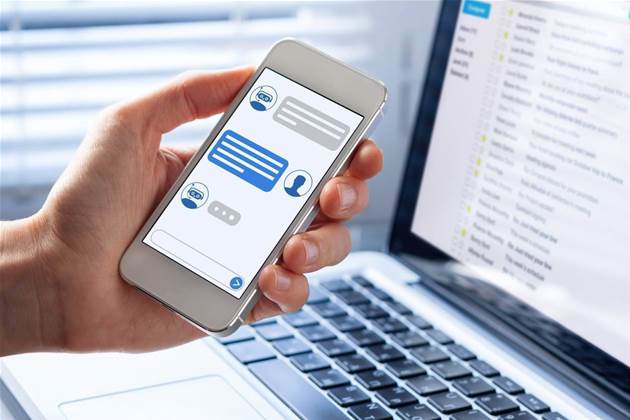After a steady procession of duty-specific digital assistants for both internal support and customer service over the last two years, the Department of Human Services has embarked on its most ambitious AI delivery project to date.

The department’s recently established AI Centre of Excellence is in the throes of developing a new assistant designed for use across multiple federal government platforms.
The aptly named Platform Independent Personal Assistant (PIPA) will be used to answer customer questions and personalise interactions to individual circumstances using the same Microsoft Bot Framework employed for its five existing digital assistantS.
“PIPA will be able to ask customers what they’d like to do and then help them to complete tasks, such as lodging an online claim form, or updating their income and other data,” Minister for Human Services and Digital Transformation Michael Keenan said this week.
“PIPA will also be able to personalise that support and tailor it to an individual’s circumstances and needs. For example, it will be able to translate documents into other languages, or offer plain English interpretations of correspondence sent to a customer’s online mailbox.”
Keenan said the first role being considered by the department for PIPA was an internal one: the Centrelink Express Plus mobile app.
But the intention is for PIPA to be deployed more widely across government, though a DHS spokesperson said this would be decided by the “outcome of further testing and user demand”.
“The assistant is designed for use across multiple platforms such as third party messaging platforms, as a standalone web app or phone app, as part of personal assistant ecosystems (like Alexa or Google home), or embedded in other approved government websites,” the spokesperson told iTnews.
The spokesperson said PIPA would use the “Microsoft Bot Framework, Microsoft Natural language translation, Bing Search, Microsoft Translation service, and Microsoft text to speech”.
The department’s work around virtual assistance began in 2016 with its internal digital assistant dubbed ‘Roxy’ to answer complex questions around claims, before moving to improving the customer experience across its range of online services.
More recently it released a dedicated myGov assistant, dubbed ‘Charles’, to provide instant answers to common customer enquiries about the government services platform.
“Our customer facing assistants have helped to answer more than 2.3 million questions, reducing the need for people to have to pick up a phone or come into a service centre for help,” Keenan said.
PIPA is expected to be ready for public release before the end of 2019.



_(33).jpg&h=140&w=231&c=1&s=0)
_(23).jpg&h=140&w=231&c=1&s=0)
.png&h=140&w=231&c=1&s=0)





 iTnews Benchmark Awards 2026
iTnews Benchmark Awards 2026
 iTnews Executive Retreat - Security Leaders Edition
iTnews Executive Retreat - Security Leaders Edition
 iTnews Cloud Covered Breakfast Summit
iTnews Cloud Covered Breakfast Summit
 The 2026 iAwards
The 2026 iAwards












_(1).jpg&h=140&w=231&c=1&s=0)



